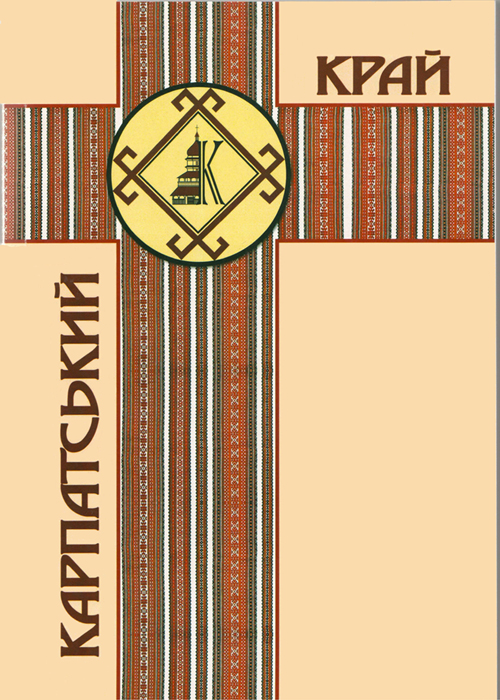JĘZYK, TOŻSAMOŚĆ, RELIGIA. UKRAIŃCY I ŁEMKOWIE W GORZOWIE I OKOLICACH
Keywords:
Ukrainians, Lemkos, Lemko language, Ukrainian language, identity, Greek Catholic Church, Orthodox Church, Operation «Wisla».Abstract
The connection between religion and
national identity in the countries of East-
Central Europe in the 20th century is a wellknown
and relatively well-described phenomenon.
In recent years, the researchers
have focused on young representatives of
various religious and national groups who
are redefi ning their national or religious
identities, making their self-assessment in
new (social and political) circumstances.
The background of these phenomena is a
borderland with its characteristics, which
include: language contacts, multilingualism,
multiculturalism, multi-ethnicity and
complex identities of its inhabitants. The
aim of the article is to present the contemporary,
multi-faith nature of the Opera197
tion Vistula victims resettled into the area
of Gorzów Wielkopolski. These people and
their descendants are now the followers of
the Western Catholic, Eastern Catholic and
Orthodox Church and use Polish, Ukrainian,
Church Slavonic or Lemko as a language
prescribed for the spiritual sphere. In this
paper, I am going to discuss the connections
between religion, language and identity in
Lubusz area, a very specifi c region where
the mentioned religions are cultivated by the
displaced and remain an important indicator
of their identity in the conditions of new
multi-ethnicity and multiculturalism.
The subject of identity, religion and language
of Ukrainians and Lemko people in
the western and northern territories of Poland
has already been explored by cultural
anthropologists, historians and linguists.
There have never been, however, any studies
focusing on the relations between language,
religion and national identity considered
from the interdisciplinary perspective, the
previous researches being conducted only
within the individual areas
Published
Issue
Section
License
When using the materials, a link to the magazine "Karpatskyi kray" is required


